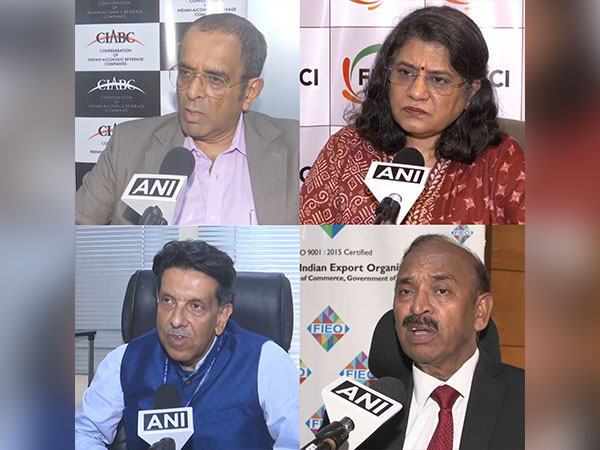India-UK Free Trade Agreement: A New Era in Economic Collaboration
The India-UK Free Trade Agreement, hailed as historic, opens up significant opportunities for trade enhancement, reducing tariffs on numerous exports. Industry leaders in India anticipate this pact will double engineering goods exports while benefiting sectors from technology to alcoholic beverages, underscoring a 'win-win' scenario for both nations.

- Country:
- India
The India-UK Free Trade Agreement has been celebrated as a groundbreaking development, widening access to goods and services between the two nations. Industry leaders see it as a chance to enhance trade in the UK significantly. According to Anant S Iyer, Director General of the Confederation of Indian Alcoholic Beverage Companies, the agreement will bolster economic ties across various sectors.
The FTA is set to eliminate or reduce tariffs on roughly 99% of Indian exports to the UK. This benefits approximately 99 lines of business, particularly those that are labor-intensive. Iyer suggests government measures like setting a minimum import price for alcoholic beverages to prevent market disruptions by low-priced imports.
British whisky producers will reap immediate benefits from a significant slash in tariffs, providing them an advantage in the Indian market. The agreement also promises to double engineering goods exports from India, with expectations to increase from $4.2 billion to $7.5-8 billion in a few years, according to Pankaj Chadha, Chairman of EEPC India.
Archana Jahagirdar of Rukam Capital highlights that the FTA, alongside the Vision 2035 document, represents crucial opportunities for entrepreneurs and investors. By reducing tariffs and improving market access, it sets the stage for innovation and enhanced cross-border collaboration in areas like digital trade and sustainability.
Sectors such as textiles, apparel, footwear, and new export fields like organic chemicals and engineering goods stand to gain. Ajay Sahai, CEO of FIEO, emphasizes the agreement's significance, noting how it supports both traditional and new export sectors.
The agreement, part of a strategic vision for increased bilateral trade, aims to grow India and the UK's trade to $120 billion by 2030. Signed in the presence of both nations' prime ministers, this FTA aligns with India's broader economic goals and marks a significant step forward in international trade relations.
(With inputs from agencies.)










